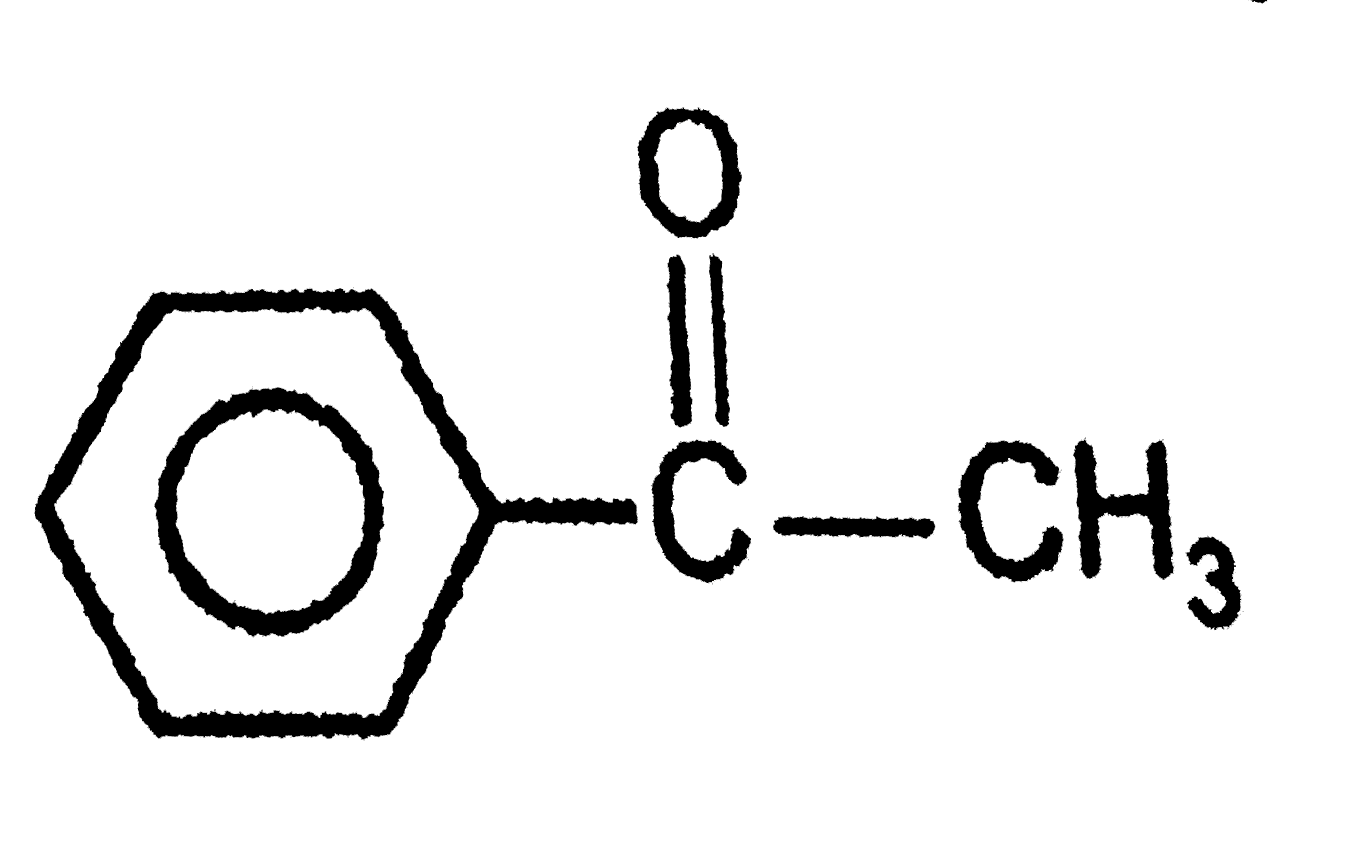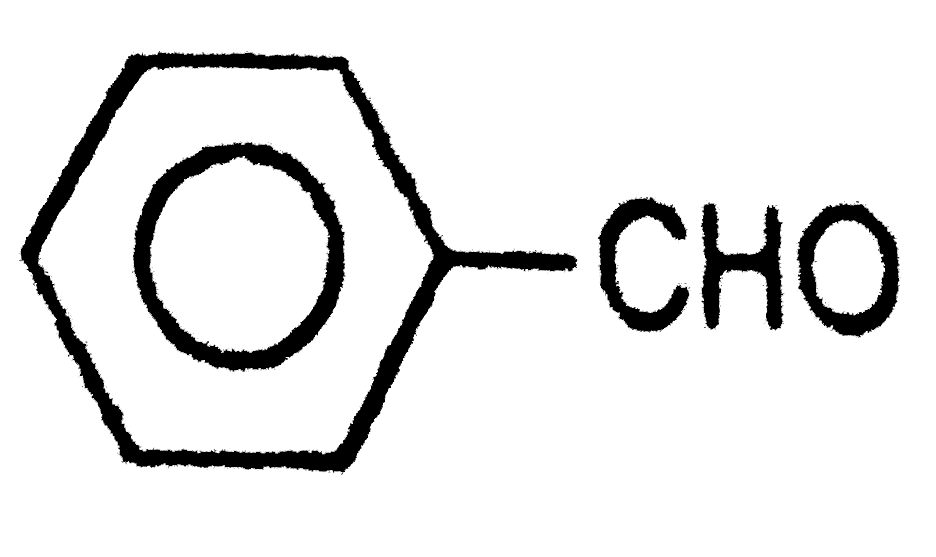Would you expect benzaldehyde to be more reactive or less reactive in nucleophilic addition reactions than propanal? Explain your answer.
To determine whether benzaldehyde is more or less reactive in nucleophilic addition reactions compared to propanal, we can analyze the structures and properties of both compounds.
Step 1: Understand the Structures
- Benzaldehyde has the structure C6H5CHO, where the carbonyl group (C=O) is attached to a benzene ring.
- Propanal has the structure CH3CH2CHO, where the carbonyl group is attached to a straight-chain alkane.
Step 2: Electrophilicity of the Carbonyl Carbon
- The reactivity of aldehydes in nucleophilic addition reactions is largely determined by the electrophilicity of the carbonyl carbon.
- In benzaldehyde, the carbonyl carbon is less electrophilic than in propanal.
Step 3: Effect of Resonance
- In benzaldehyde, the presence of the benzene ring allows for resonance stabilization. The lone pair of electrons on the benzene can delocalize into the carbonyl group, reducing the positive character of the carbonyl carbon.
- This resonance effect decreases the polarity of the C=O bond in benzaldehyde, making it less susceptible to nucleophilic attack.
Step 4: Compare with Propanal
- In propanal, there is no such resonance effect from a neighboring aromatic ring. The carbonyl carbon retains a higher positive charge, making it more electrophilic and thus more reactive towards nucleophiles.
Conclusion
- Therefore, benzaldehyde is less reactive in nucleophilic addition reactions compared to propanal due to the resonance stabilization provided by the benzene ring, which reduces the electrophilicity of the carbonyl carbon.
Summary
Benzaldehyde is less reactive than propanal in nucleophilic addition reactions because the resonance effect from the benzene ring decreases the electrophilicity of the carbonyl carbon in benzaldehyde.
---
- Benzaldehyde has the structure C6H5CHO, where the carbonyl group (C=O) is attached to a benzene ring.
- Propanal has the structure CH3CH2CHO, where the carbonyl group is attached to a straight-chain alkane.
- The reactivity of aldehydes in nucleophilic addition reactions is largely determined by the electrophilicity of the carbonyl carbon.
- In benzaldehyde, the carbonyl carbon is less electrophilic than in propanal.
- In benzaldehyde, the presence of the benzene ring allows for resonance stabilization. The lone pair of electrons on the benzene can delocalize into the carbonyl group, reducing the positive character of the carbonyl carbon.
- This resonance effect decreases the polarity of the C=O bond in benzaldehyde, making it less susceptible to nucleophilic attack.
- In propanal, there is no such resonance effect from a neighboring aromatic ring. The carbonyl carbon retains a higher positive charge, making it more electrophilic and thus more reactive towards nucleophiles.
- Therefore, benzaldehyde is less reactive in nucleophilic addition reactions compared to propanal due to the resonance stabilization provided by the benzene ring, which reduces the electrophilicity of the carbonyl carbon.
Benzaldehyde is less reactive than propanal in nucleophilic addition reactions because the resonance effect from the benzene ring decreases the electrophilicity of the carbonyl carbon in benzaldehyde.
Topper's Solved these Questions
Similar Questions
Would you expect benzaldehyde to be more reactive or less reactive in nucleophilic addition reactions than propanal? Explain your answer.
View SolutionWould you expect benzaldehyde to be more reactive or less reactive in nucleophilic addition reactions than propanal? Explain your answer.
View Solution
Knowledge Check
- Question 1 - Select One
Which is most reactive towards nucleophilic addition reactions?
AEthyl acetateBAcetic anhydrideCAcetamideDAcetyl chloride - Question 2 - Select One
Which one is most reactive towards nucleophilic addition reaction?
A B
B C
C D
D
- Question 3 - Select One
Which one is most reactive towards nucleophilic addition reaction ?
ACCl3−CHOBCH3−CO−CH3C D
D
Would you except benzaldehyde to be more reactive or less reactive in nucleophilic addition reactions than propanal ? Explain you answer.
View SolutionWhich one is most reactive towards nucleophilic addition reaction?
View SolutionWhich one is most reactive towards nucleophilic addition reaction?
View SolutionWhich one is most reactive towards nucleophilic addition reaction?
View SolutionWhich one is most reactive towards nucleophilic addition reaction?
View Solution

